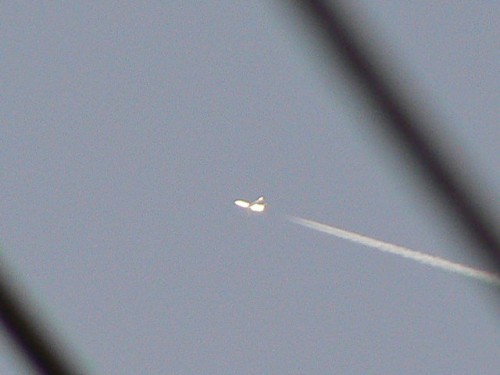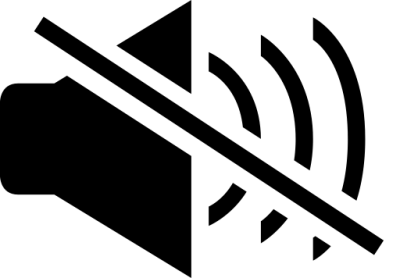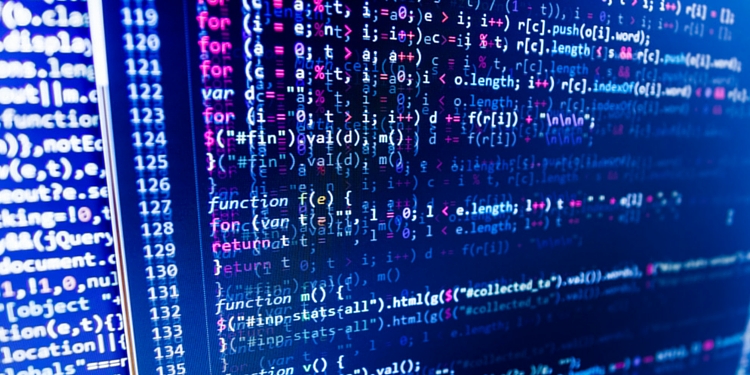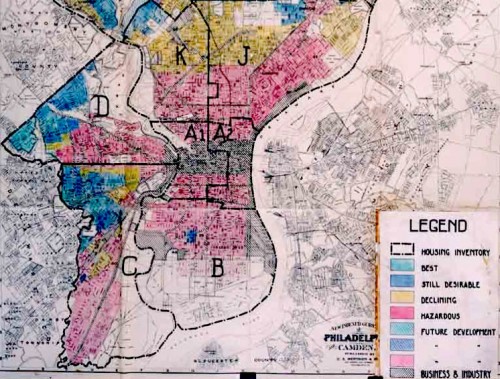“The founding practice of conspiratorial thinking” writes Kathleen Stewart, “is the search for the missing plot.” When some piece of information is missing in our lives, whether it is the conversion ratio of cups to ounces or who shot JFK, there’s a good chance we’ll open up a browser window. And while most of us agree that there are eight ounces to every cup, far fewer (like, only 39 percent) think Lee Harvey Oswald acted alone. Many who study the subject point to the mediation of the killing –The Zapruder film, the televised interviews and discussions about the assassination afterward—as one of the key elements of the conspiracy theory’s success. One might conclude that mediation and documentation cannot help but provide a fertile ground for conspiracy theory building.
Stewart goes so far as to say “The internet was made for conspiracy theory: it is a conspiracy theory: one thing leads to another, always another link leading you deeper into no thing, no place…” Just like a conspiracy theory you never get to the end of the Internet. Both are constantly unfolding with new information or a new arrangement of old facts. It is no surprise then, that with the ever-increasing saturation of our lives with digital networks that we are also awash in grotesque amalgamations of half-facts about vaccines, terrorist attacks, the birth and death of presidents, and the health of the planet. And, as the recently leaked documents about Facebook’s news operations demonstrate, it takes regular intervention to keep a network focused on professional reporting. Attention and truth-seeking are two very different animals.
The Internet might be a conspiracy theory but given the kind, size, and diversity of today’s conspiracy theories it is also worth asking a follow-up question: what is the Internet a conspiracy about? Is it a theory about the sinister inclinations of a powerful cabal? Or is it a derogatory tale about a scapegoated minority? Can it be both or neither? Stewart was writing in 1999, before the web got Social so she could not have known about the way 9/11 conspiracies flourished on the web and she may not have suspected our presidential candidates would make frequent use of conspiratorial content to drum up popular support. Someone else writing in 1999 got it right though. That someone was Joe Menosky and he wrote one of the best episodes of Star Trek: Voyager. Season 6, Episode 9 titled The Voyager Conspiracy. more...










